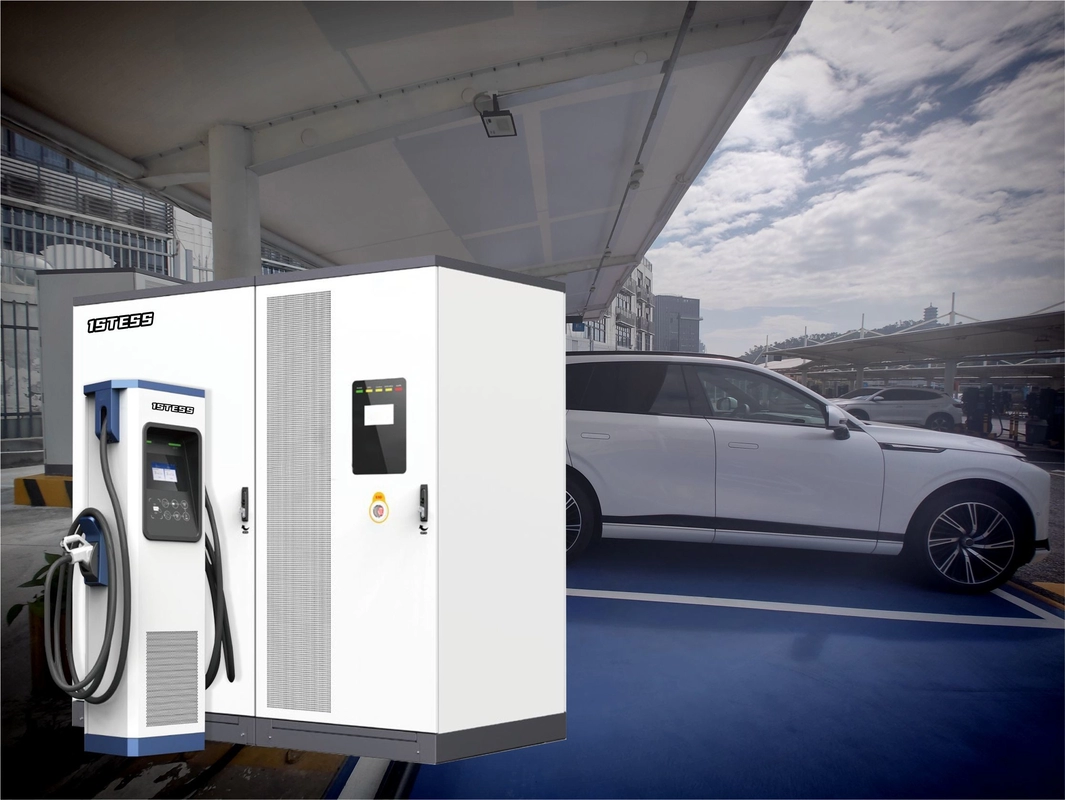As the adoption of electric vehicles (EVs) accelerates worldwide, the need for advanced and scalable charging solutions is becoming increasingly important. Large-scale EV fleets, public charging stations, and commercial hubs demand high-capacity charging systems that can support multiple vehicles at once. This is where a 1000 Car Charger solution comes into play, offering the infrastructure needed to power hundreds of EVs efficiently and reliably.
In this article, we will explore what a 1000 car charging system entails, its key benefits, and why it is essential for the future of electric mobility.
What is a 1000 Car Charger?
A 1000 car charging system is designed to handle large-scale EV charging operations, supporting the simultaneous charging of up to a thousand vehicles in one centralized facility. Unlike individual residential chargers, these systems are engineered with high power capacity, robust safety features, and advanced energy management technology to ensure optimal performance in high-demand environments.
Such solutions are particularly valuable for organizations managing fleets, large residential complexes, or public infrastructure projects that aim to support the growing EV population. To better understand these systems, you can explore options such as the 1000 Car Charger, which highlights the innovations driving large-scale charging deployments.
Why Large-Scale Charging is Necessary
The global shift to electric mobility is not limited to individual drivers. Businesses, logistics companies, and governments are increasingly electrifying entire fleets. For these users, small-scale charging is not sufficient. A robust infrastructure that enables hundreds of vehicles to be charged simultaneously ensures efficiency, minimizes downtime, and keeps operations running smoothly.
Public transportation systems, airports, and corporate fleets are prime examples where large-scale charging solutions provide unmatched convenience and long-term cost savings.
Key Benefits of a 1000 Car Charger
1. High-Power Capacity
The biggest advantage of these systems is their ability to deliver consistent high-power output across hundreds of charging ports. This allows multiple vehicles to charge at optimal speed without overloading the grid.
2. Smart Energy Management
A 1000 car charging system integrates advanced load balancing and demand response technologies. These features distribute power efficiently, reduce peak loads, and support integration with renewable energy sources such as solar and wind.
3. Scalability and Flexibility
Designed for future growth, these systems can be expanded as demand increases. Whether a company starts with a few hundred vehicles or scales up to a thousand, the infrastructure adapts to meet evolving needs.
4. Cost Efficiency
While the initial investment may be significant, large-scale systems lower long-term operational costs. Shared infrastructure, centralized management, and reduced downtime contribute to better financial efficiency for fleet operators.
5. Enhanced Reliability
Built with industrial-grade components, these systems are designed for 24/7 operation. This ensures maximum uptime and dependable charging, which is crucial for logistics companies and public service providers.
Applications of a 1000 Car Charger
A large-scale charging solution has diverse applications across multiple industries:
- Public Transit Fleets: Electric buses and shuttles require dependable charging depots to maintain schedules.
- Logistics and Delivery Companies: Fleet operators need fast, centralized charging to keep goods moving.
- Residential and Commercial Complexes: Large apartment buildings and business parks benefit from shared, high-capacity charging stations.
- Public Charging Hubs: Cities and governments can use large-scale charging to support EV adoption and reduce emissions.
The Future of Large-Scale Charging
With EV adoption projected to grow exponentially, the need for high-capacity charging hubs will only increase. The integration of artificial intelligence, energy storage systems, and renewable energy sources will further enhance the performance of 1000 car charging systems. These solutions will not only meet the charging needs of today but also lay the foundation for sustainable mobility in the future.
Conclusion
The transition to electric mobility demands infrastructure that can scale with the needs of individuals, businesses, and governments alike. A 1000 Car Charger system provides the capacity, efficiency, and reliability required to support large-scale EV adoption. By enabling simultaneous charging for massive fleets, these systems ensure that the future of transportation remains sustainable, efficient, and accessible to all.


